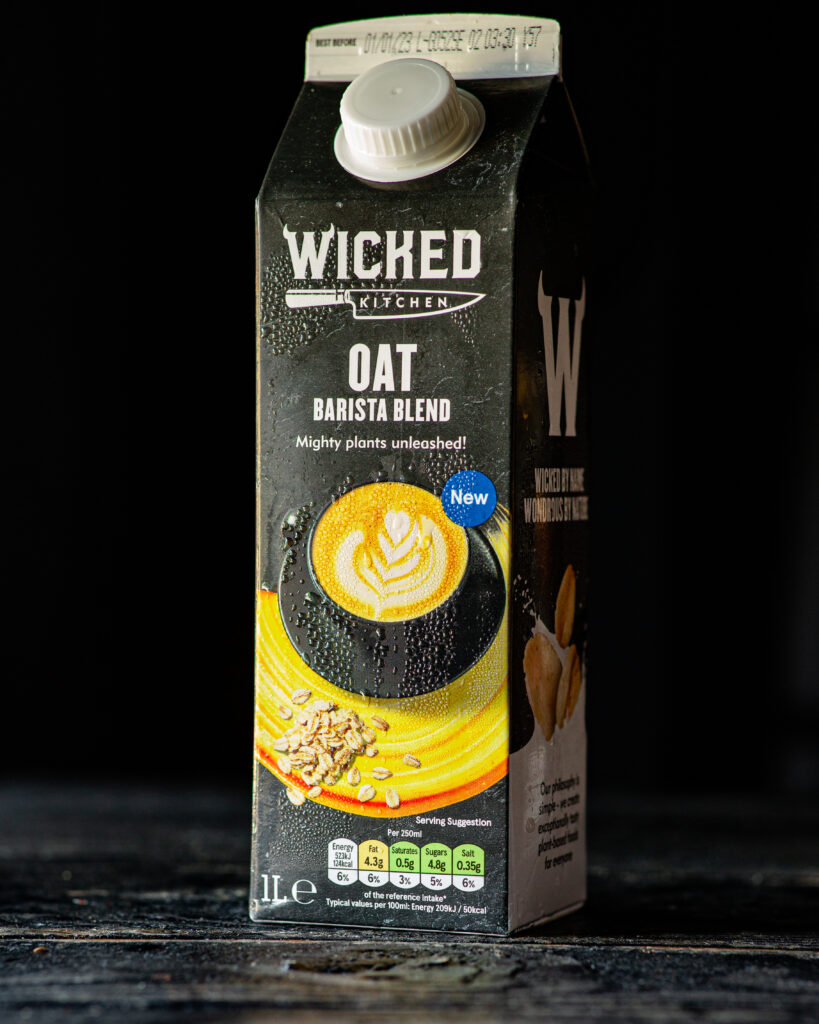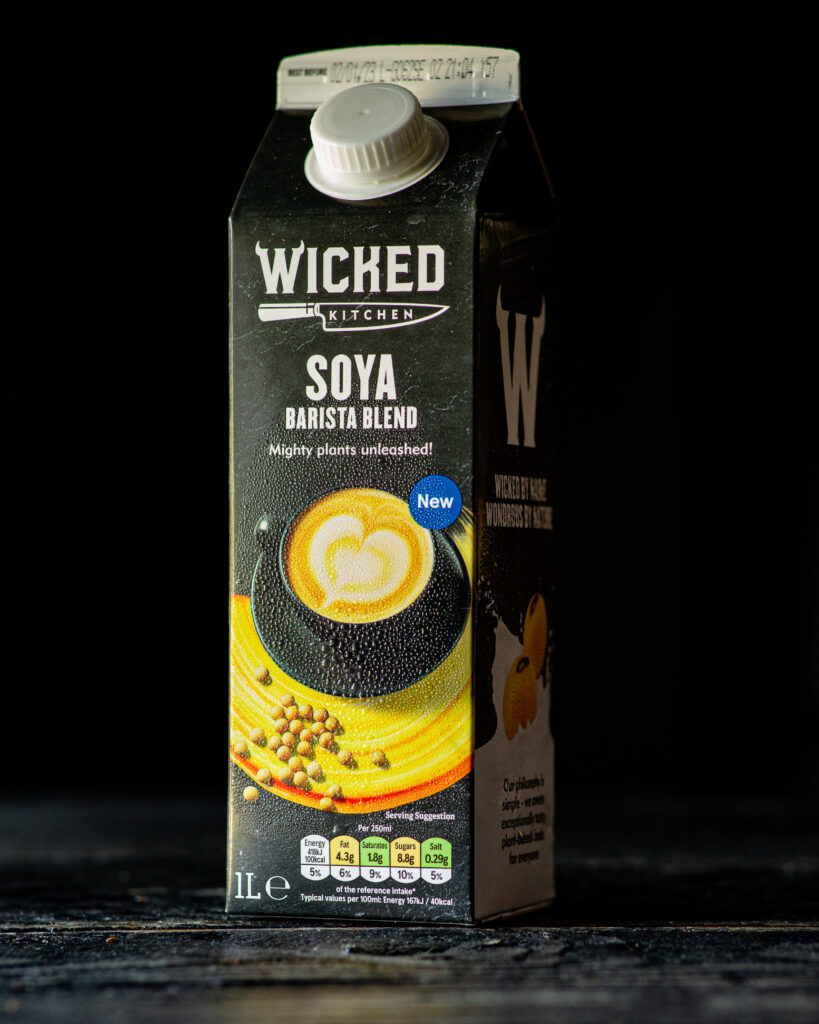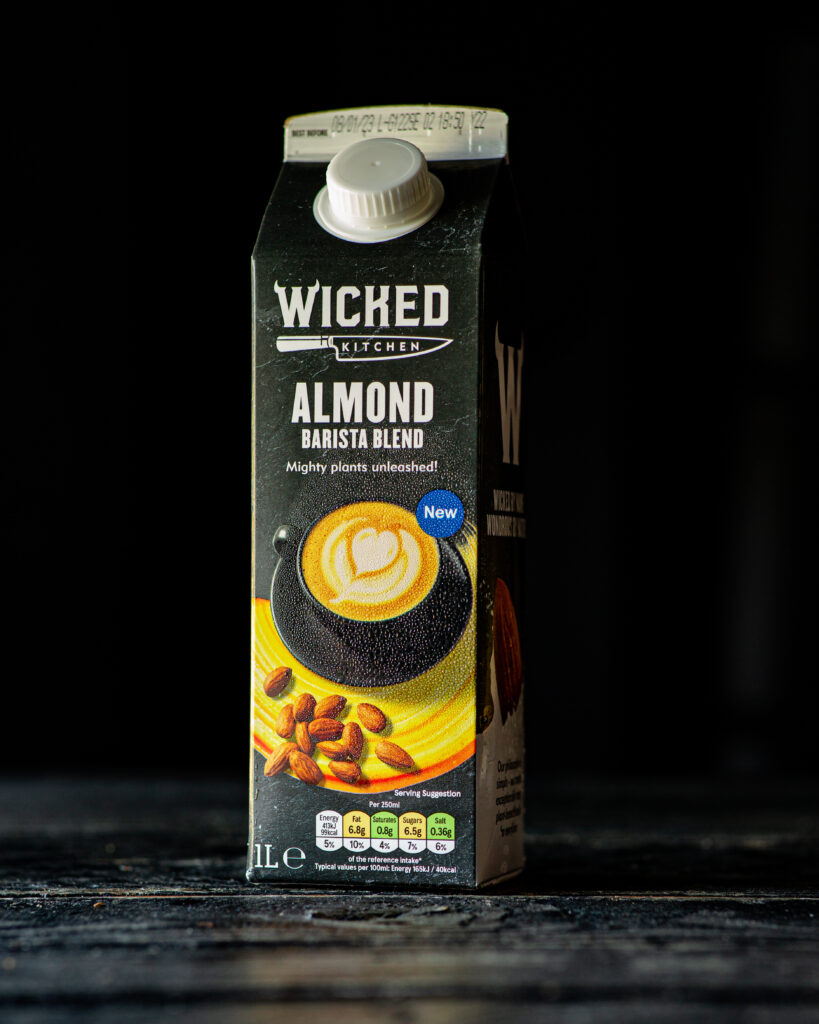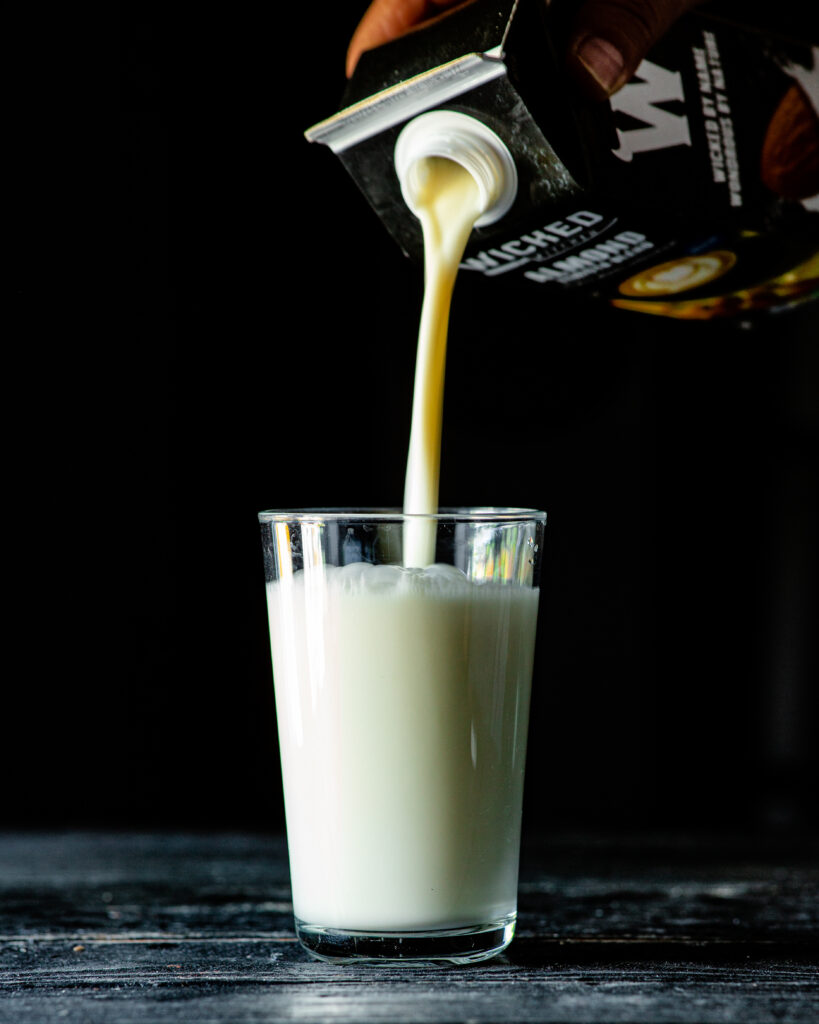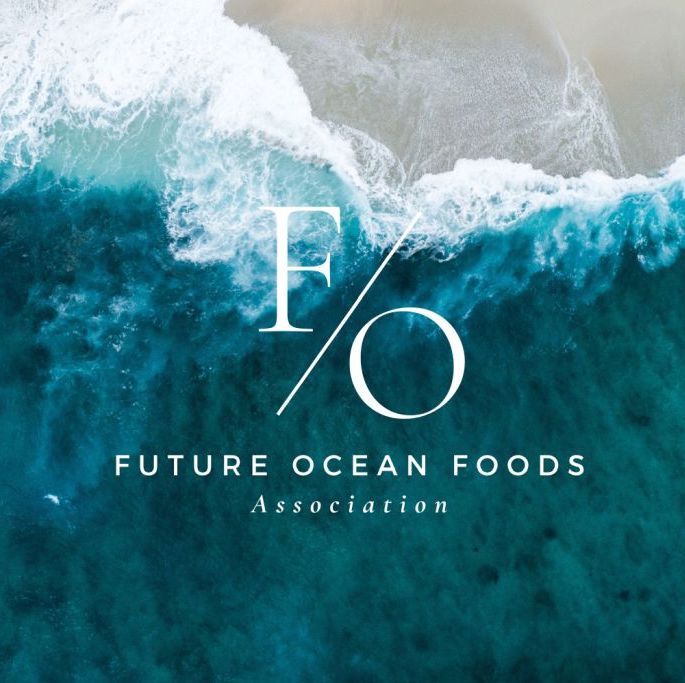You’ve no doubt seen all the options these days. From oat milk and almond milk to soy milk and coconut milk, milk alternatives are everywhere. Nondairy plant-based milks have spread like wildfire. There’s even a global day to celebrate alternatives to dairy milk: World Plant Milk Day (August 22). We say, hell yeah! It’s about time. Plant milk is good-for-you and good-for-the-planet, an alternative to dairy milk that safely provides your body with key nutrients—without abusing animals.
What Is Plant Milk?
It might seem all like these plant-based milks are newfangled creations, but the truth is, plant milk has been around for centuries. Soy milk has been enjoyed in China since at least the 1300s. Almond milk was mentioned in a 13th century cookbook from Baghdad. And coconut milk has a long history in the cooking of Southeast Asia. We’re looking at you, Thai coconut curry. Yum! Plant-based milks are just a bit newer to Europe, the Americas, and other countries in the West. That’s because dairy operations are much more prevalent in those regions than they are in Asia and the Middle East.
So what is plant milk? You know the answer to this one: Plant milk is a creamy white drinkable liquid that comes from plants instead of from animals. Almond, oat, soy, and coconut milks are the most popular plant-based milks, but you can also find nondairy milks like rice milk, cashew milk, hemp milk, and banana milk.
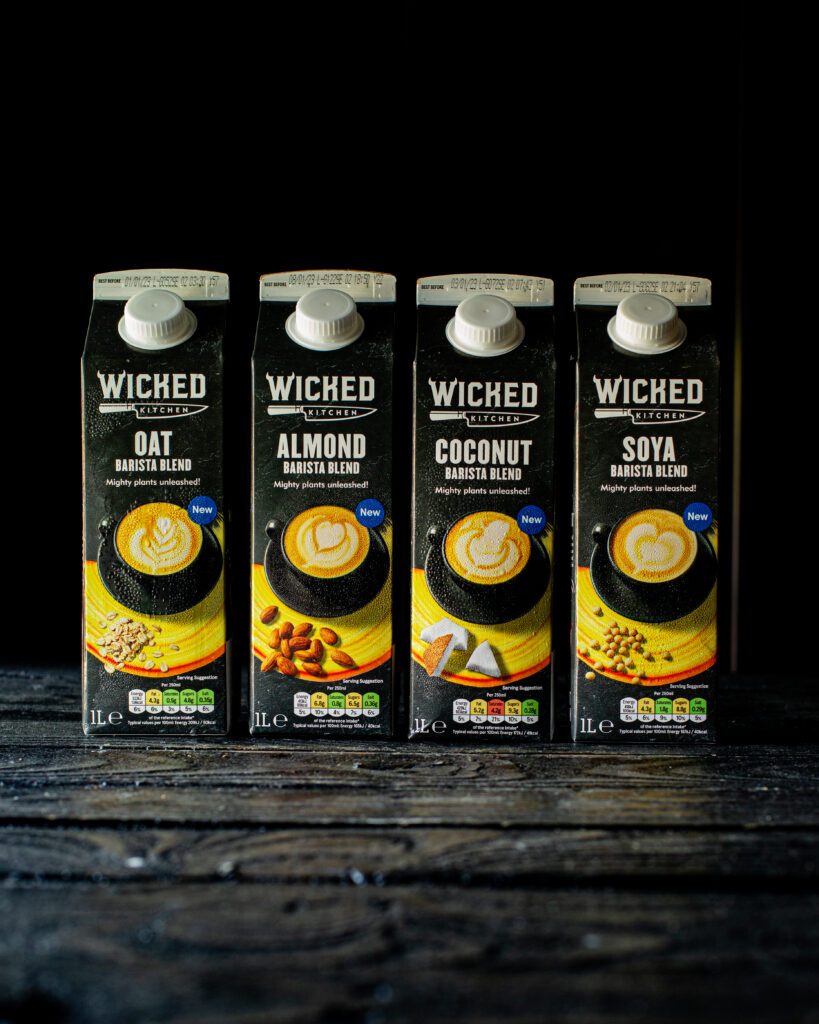
What Are The Benefits Of Plant Milk?
Nutritious, delicious, and sustainable: those are some pretty strong pluses for choosing vegan milk. Here’s a quick look at what makes plant-based milk so good.
- Easily Digestible
Health experts estimate that 68% of the world’s population suffers from lactose intolerance. Lactose is a sugar found in dairy milk and other dairy products like yogurt, cheese, and ice cream. That’s a lot of people who may experience some kind of bloating, gas, diarrhea and/or discomfort after ingesting dairy products. For them and possibly for others, plant milk offers a tasty alternative to dairy that doesn’t upset the stomach. - Nutritious
Plant milks offer a healthy balance of nutrients that typically mimics the nutrients found in dairy milk. Both dairy milk and plant milk are fortified with vitamins A and C, and plant milks are also fortified with calcium. How about protein? 1 cup (250 ml) of dairy milk contains 7.69 grams of protein, while the same amount of soy milk contains 6.95 grams of protein. Pretty comparable. With other plant milks, your protein mileage may vary. Nonetheless, most plant milks are fortified to provide healthy amounts of important nutrients like calcium, potassium, vitamin A, vitamin D, Vitamin B12, and beneficial mono-unsaturated and poly-unsaturated fats. Safe to say, plant milk is good for you. - Cholesterol Free
While a cup of low-fat dairy milk contains 12 milligrams of cholesterol, plant milks have exactly zero milligrams. That’s because cholesterol is found only in the animal kingdom, not in the plant kingdom. That makes cholesterol-free plant milk a great choice for a healthy heart. - Sustainable
While almond milk has been criticized for excessive water usage, most other plant milks make an environmentally-friendly choice when compared to dairy milk. It comes down to land use, water use, and the greenhouse gas emissions that contribute to global warming. Overall, livestock are responsible for 14.5% of global greenhouse gas emissions. In the US, dairy cows contribute 4% of greenhouse gas emissions. Let’s look at land use and water use, too. In short, what is the environmental cost per quart of milk, whether it’s plant milk or dairy milk? In terms of overall environmental cost, it’s clear that plant-based milk takes much less of a toll than dairy milk. Compared to dairy milk, oat milk requires 8% less land and 8% less water, and that plant milk emits 29% fewer greenhouse gases. Similarly, soy milk requires 7% less land and 4% less water, and it emits 31% fewer greenhouse gases. Safe to say, plant milk is good for the environment.
Wicked Kitchen Introduces Its Plant Based Milk!
Of course, we love all these great benefits and everything else that’s good about plant milk. As a vegan food company, we already use plant-based dairy alternatives in our products like the vegan cheese in our frozen pizzas. Now, we’re proud to debut our own line of dairy-free Wicked Kitchen plant-based milk products! For the moment, these dairy alts are only available in the UK at Tesco supermarkets, but we hope to roll them out worldwide very soon.
Wicked Kitchen’s new line of plant based milk products include:
- Soya – The protein in soy milk is comparable to dairy milk while being healthy for you and good for the environment.
- Coconut – As we’ve seen, this is one of the most common plant milks in Asia, boasting antioxidants and anti-inflammatory properties. Plus it tastes amazing.
- Almond – Both nutritious and low in calories, this plant milk is a great option, unless of course you have a tree nut allergy.
- Oat – Free of lactose, soy, and nuts, oat milk is fast becoming the go-to plant milk for many. It has a satisfying creamy texture and even tastes great when you drink it straight from the carton.
What Else Can You Do With Plant Milk?
More and more people are choosing plant-based milks due to growing concerns over their health, the environment, and animal welfare. Give it a try. Enjoy the taste and creaminess of plant-based milk while benefiting your body and the planet! Plant milk isn’t just for drinking. Anything dairy milk can do, plant milk can do better. Make a Wicked plant-based milkshake with our dreamy Wicked Kitchen ice cream blended up with one of our new Wicked Kitchen plant milks. Use plant milk to make vegan pancakes, or creamy plant-based pasta sauces, or some amazing baked goods like Roasted Apricot No-Bake Vegan Cheesecake. In fact, that all sounds like a fantastic day’s menu to us!
Turns out there’s a lot to celebrate on World Plant Milk Day. Maybe this is the day you give plant-based milk a try. Or if you already use it, try making something else with it. It could be that the only thing standing between you and your next great meal is a cup of delicious plant milk!
